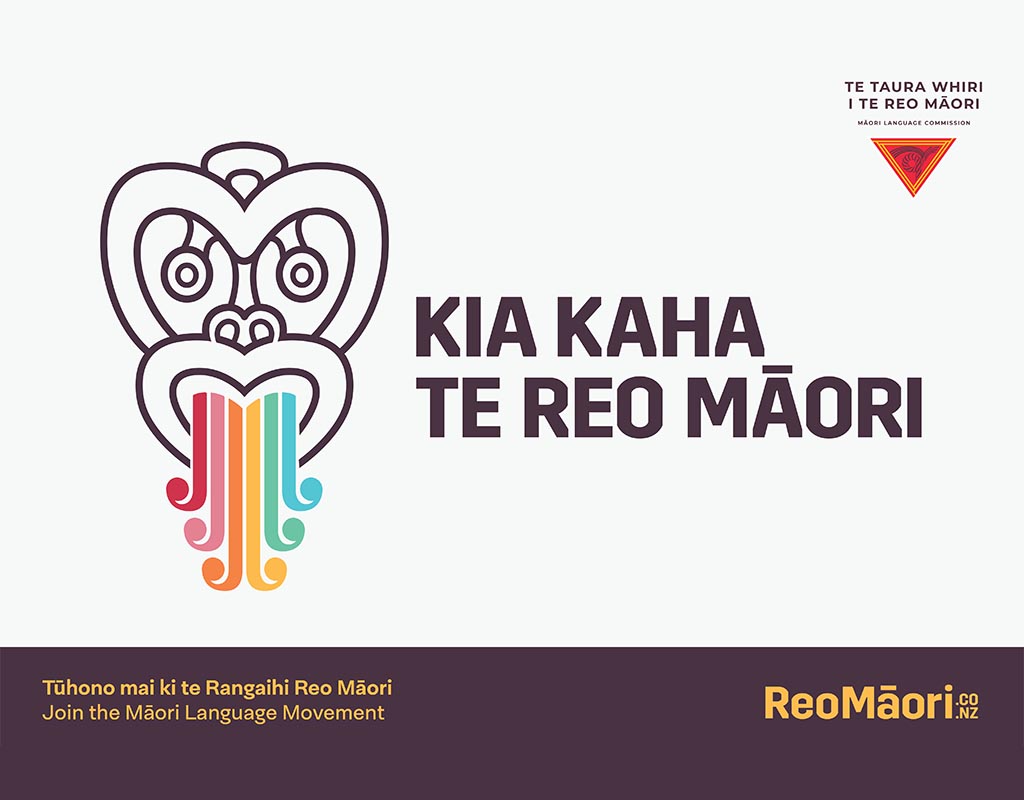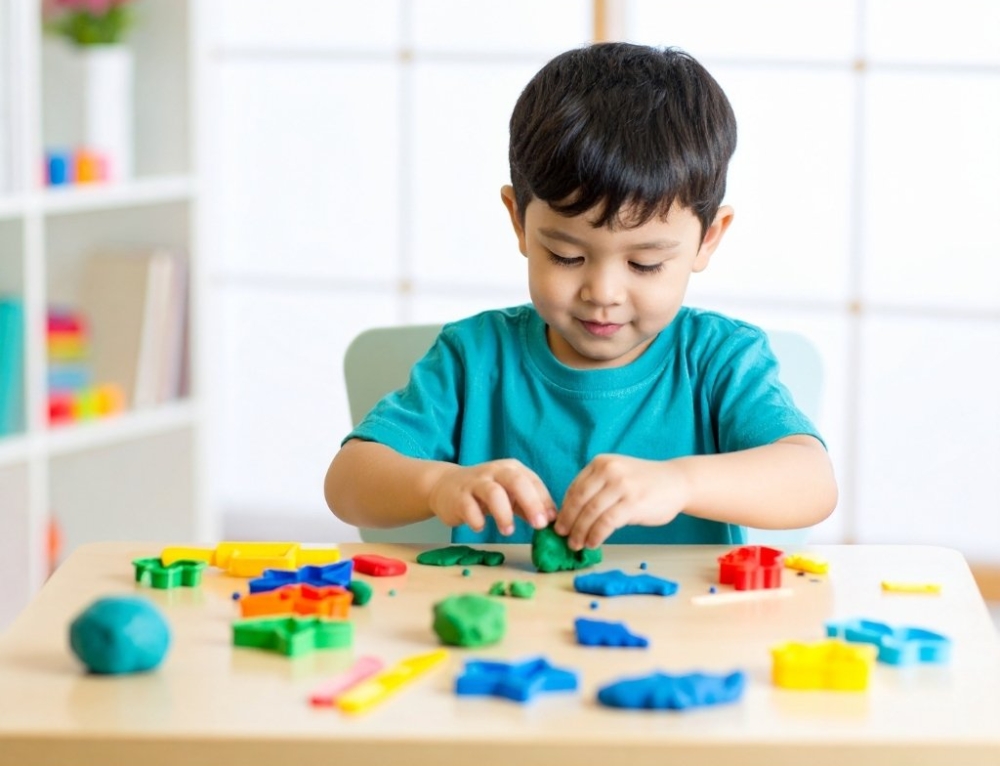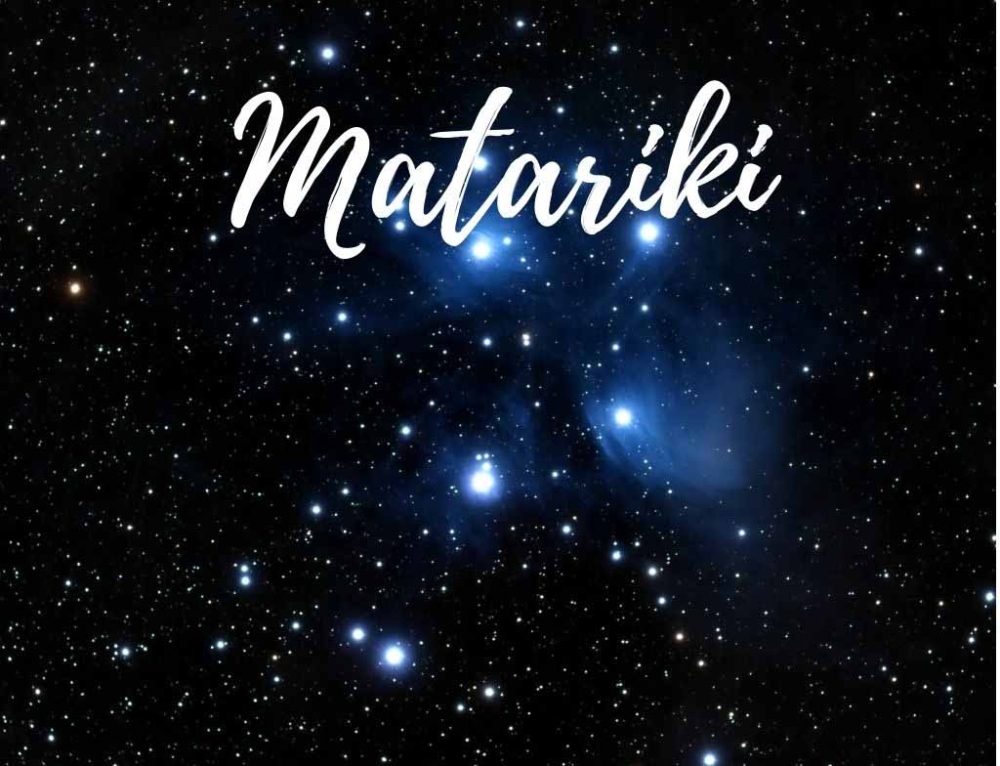Te reo Māori has been an official language of Aotearoa New Zealand since 1987 and since then there has been a growing number of initiatives to provide opportunities for anyone to learn te reo.
After more than 100 years of declining use of te reo Māori, 1972 saw the introduction of a Māori language day to promote the use of te reo Māori. This was followed in 1975 by the first Māori Language Week which is organised by Te Taura Whiri i te Reo Māori | Māori Language Commission.
This year Māori Language Week / Te Wiki o te Reo Māori will be celebrated from 14 to 21 September 2024.
We take a look at some of the many ways you can join the Māori language movement and learn a little or a lot of te reo Māori – no matter how much or little you want to learn, from a formal class to remote learning or self-paced learning from a book, there is something for every age, learning style, learning goal and budget (they are all free with the exception of some of the Degrees/Diplomas).
To get started, check out reomaori.co.nz – the official website of Te Wiki o te Reo Māori | Māori Language Week and Te Taura Whiri i te Reo Māori | Māori Language Commission. It’s bursting with inspiration and resources to help you on your language journey.
The maoridictionary.co.nz is also a great resource to have on hand.
Books / pukapuka
For children / tamariki
With te reo Māori being used more in early learning centres and schools, you can support that, and introduce yourself to the basics at the same time with some of the beautiful pukapuka available:
- Pūkeko Counts to 10 – Ka Tatau a Pūkeko ki te 10
- The Māori Picture Dictionary / Te Papakupu Whakaahua
- Hairy Maclary and Friends: Colours in Māori and English
- First Readers in Māori
- First Thousand Words In Māori
Huia Publishers has an extensive range of books in te reo including some classics such as Te Mīhini Iti Kōwhai (The Little Yellow Digger) and Te Anuhe Tino Hiakai (The Hungry Caterpillar).
For adult /pakeke learners
Scotty and Stacey Morrison have created an amazing resource of books for all levels of learners including Māori made Fun, Māori at Home, Māori at Work, and My First Words in Māori. Their Māori Made Easy series is complemented with a range of workbooks / kete.
Online and at home
Tōku Reo – part of the Te Whanake, a website bursting with resources for learning Māori, Toku Reo is where you can start your learning journey from scratch with self-paced learning via video, audio, printables, and interactive revision exercises covering grammar and vocabulary.
Whakataki – short audio clips of words and sentences you would use with your whānau | family.
Papa Reo – study for the New Zealand Certificate in Te Reo (Reo Rua) Level 1 and learn the basics of pronunciation and basic sentence structures, learn formal and informal greetings, introduce yourself, and recite your whakapapa (genealogy).
Poupou Huia Te Reo – online te reo Māori course for beginner to intermediate level learners. Follow the daily activities of a real whānau through a series of audio lessons plus fun online activities. More advanced courses are also available.
Te Kura (Correspondence School) – Beginner and NCEA Level 1, 2 and 3 learning done online.
You can also study for Certificates, Diplomas, and Degrees at your nearest University or Te Pūkenga. Costs vary although some are free, and if not if you are eligible the first year may be free too.
Podcasts
Find these on your favourite podcast platform.
Taringa – bilingual podcast with conversational style discussion te reo. Episodes vary in format – some focus on particular words (kupu) or grammar while others cover tikanga (customs and values), events, te au Māori (world view) and more.
Up to Speed with Te Reo – Stacey Morrison brings you a series of short podcasts to help get you up to speed with Māori language phrases and words that you might have heard in the media or in conversation and not been sure what they are meant.
Everyday Māori – helping you learn words you can use in everyday situations.
Tik Tok content creators
@reomaori – learn with Hemi Kelly (from Te Taura Whiri i te Reo Māori | Māori Language Commission)
@Paaka Davis
@Starting in Te Reo Māori
Please do let us know of any other resources you recommend in the comments below.
See more:
Ko Kawarau te maunga e rū nei taku ngākau
Ko Waimakariri te awa e mahea nei aku māharahara
Nō Motueka ahau
E mihi ana ki ngā tohu o nehe, o Ōtautahi e noho nei au
Nō reirā, tēnā koutou katoa








Leave A Comment
You must be logged in to post a comment.